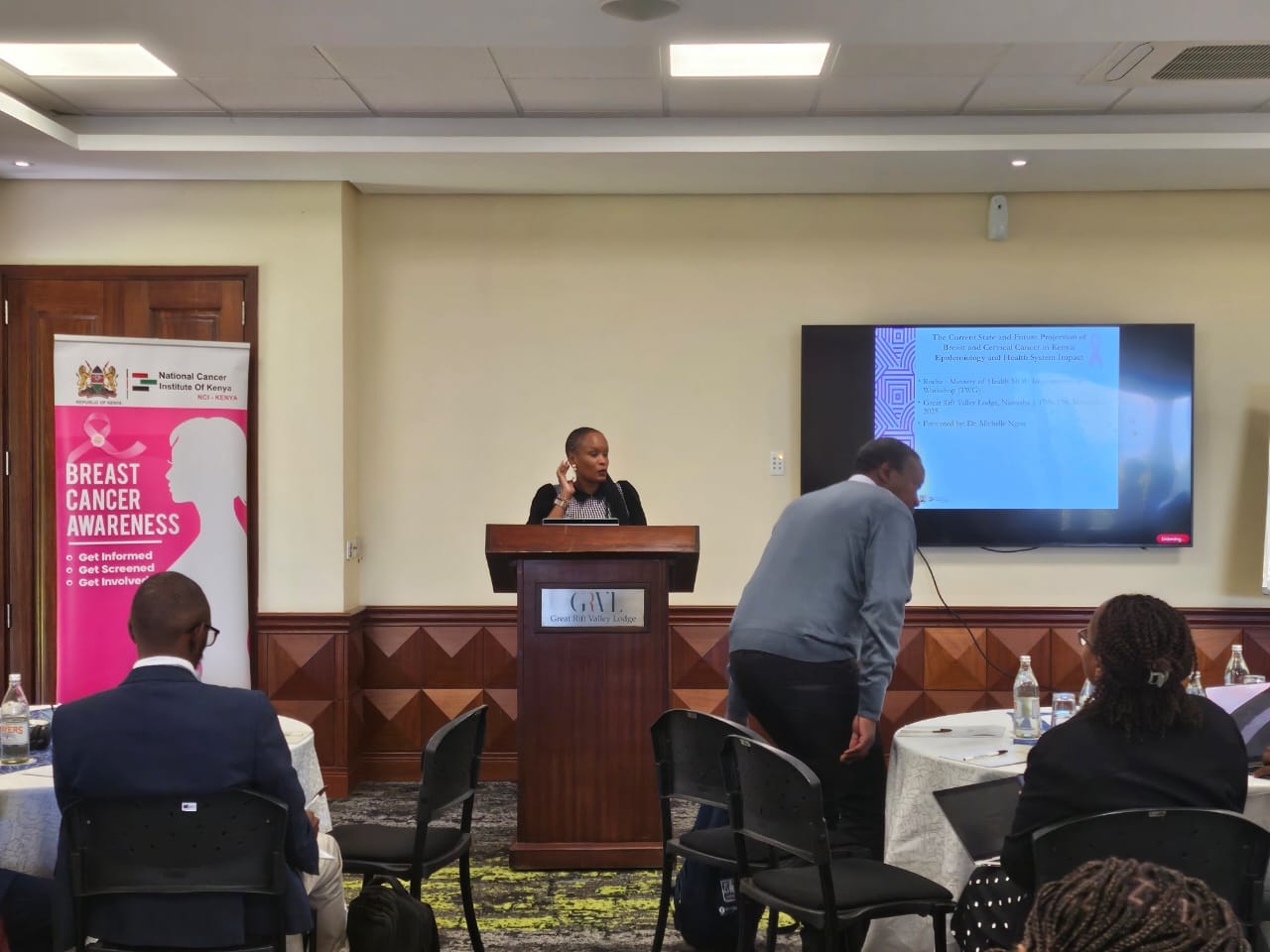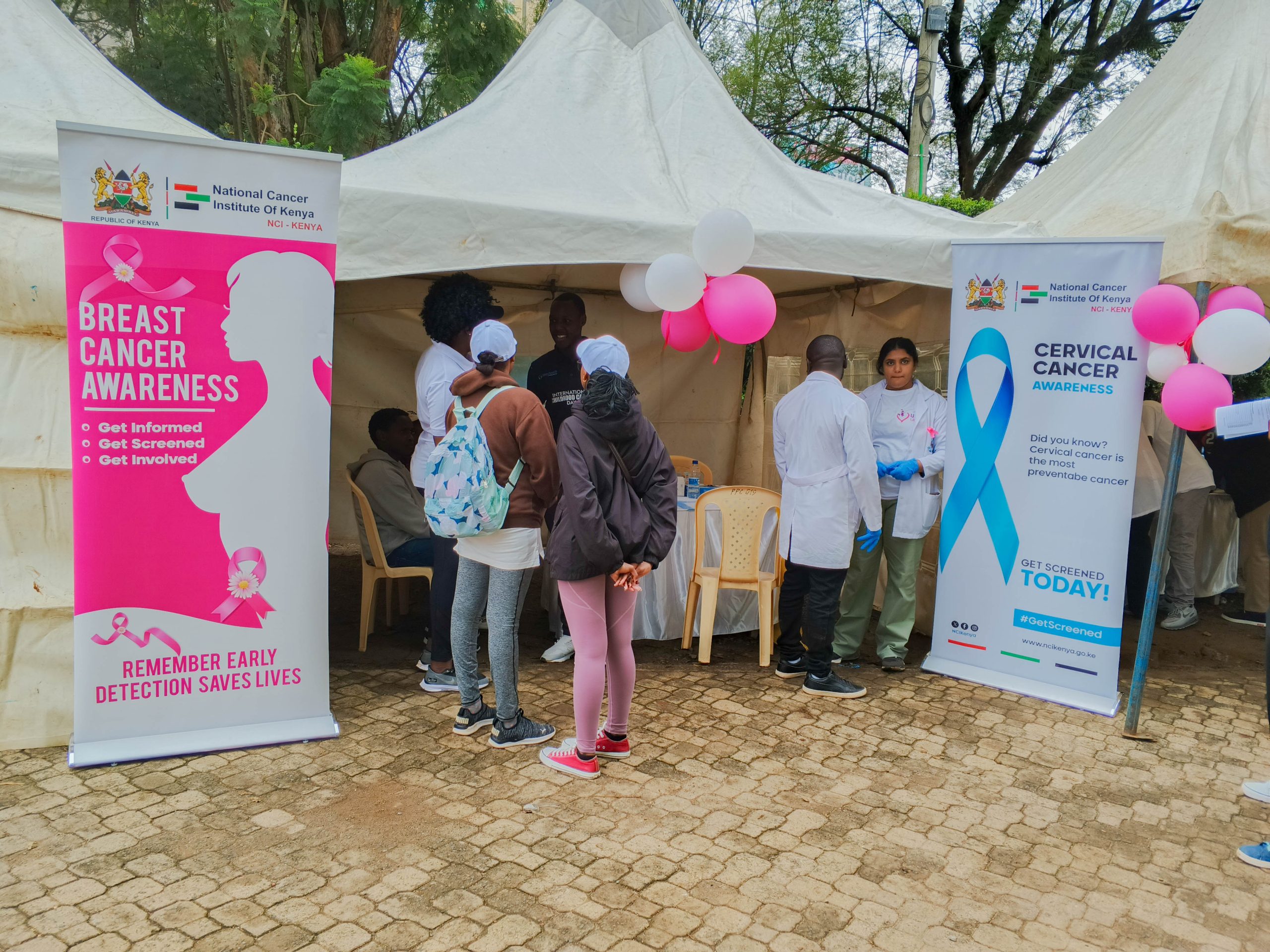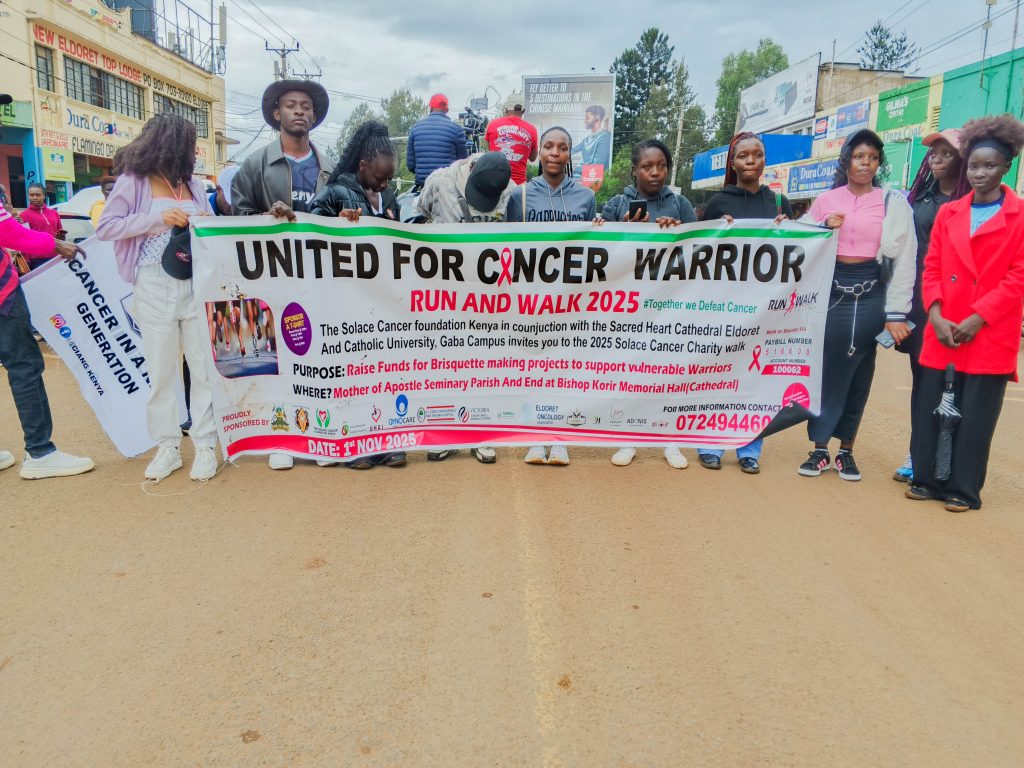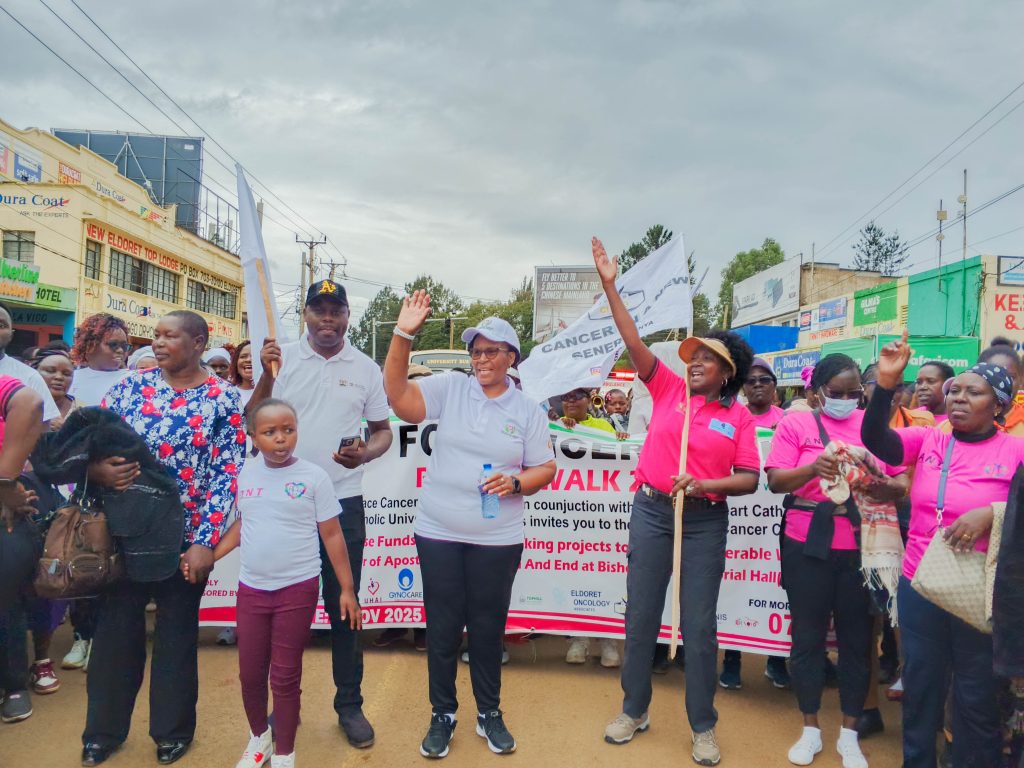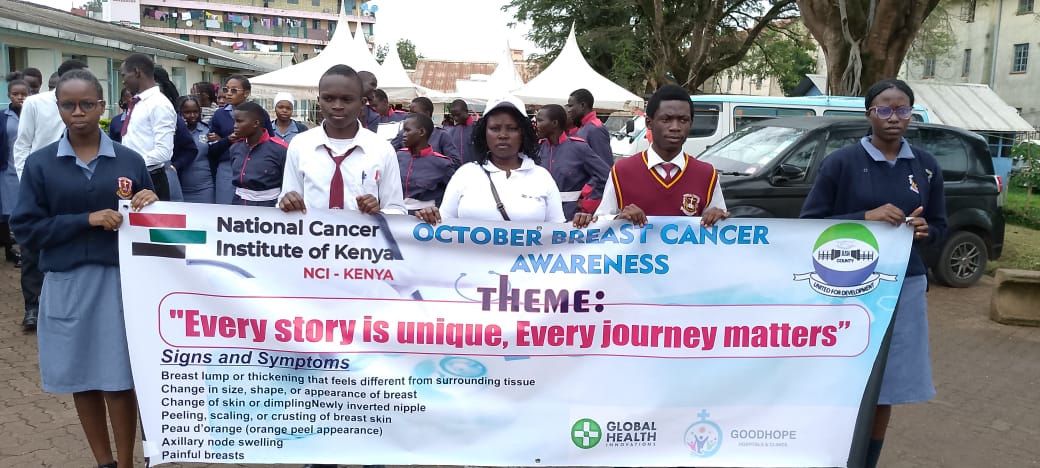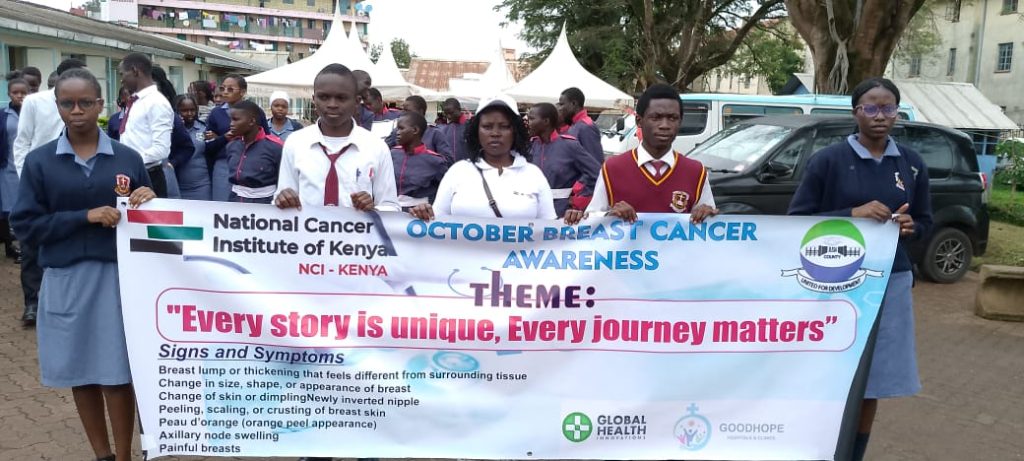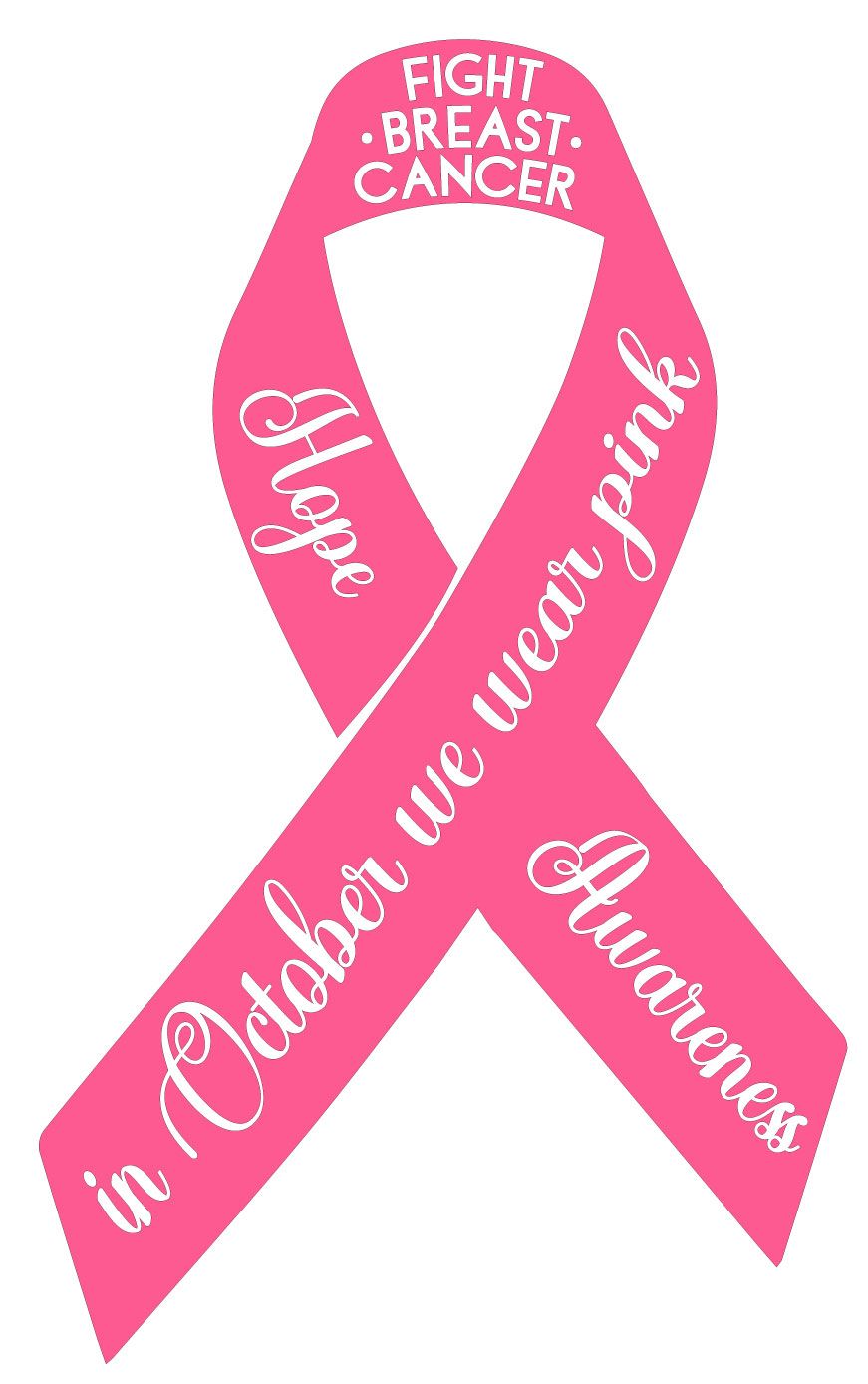Why Kenyan Women Still Present Late
“The first thing I thought was, I’m going to die.” Evalyn Allela, breast cancer survivor. When Evalyn Allela first noticed a lump in her breast, the world stopped. Like many Kenyan women, her first reaction wasn’t to seek medical advice; it was fear. “For the longest time, we knew cancer was a killer disease,” she recalls. That fear is a reflection of a painful national truth. According to Dr. Elias Melly, CEO of the National Cancer Institute of Kenya (NCI-K), “60 -70% of breast cancers in this country are diagnosed at stage 3 and 4 “. Dr. Melly made the remarks during an interview with Citizen TV Kenya, highlighting an urgent reality that most breast cancer cases in Kenya are caught when there are limited treatment options. Behind every late diagnosis is a mix of silence, stigma, misinformation, and access barriers that keep too many women from early screening and timely care.
Breast cancer is one of the most diagnosed cancers among women in Kenya, yet early detection rates remain depressingly low. The reasons are complicated and deeply social. Many women delay screenings out of fear of what they might find. Others struggle with limited access to diagnostic services, especially in rural counties. Misinformation, stemming from myths about causes and misconceptions about treatment, continues to discourage open discussion. “We still have women coming when it’s too late to save the breast,” notes Dr. Melly. “We must focus on community education and encourage early screening if we are to change these numbers.” The result is a silent epidemic that persists not only in hospitals but also in homes, workplaces, and social spaces, where discussing cancer remains a taboo topic.
Flipping the script: From Fear to Fight
For Evalyn, her turning point came when she chose to speak openly about her experience. “At first, I was terrified,” she admits. “But once I shared my story, I realized so many women were going through the same fear in silence.” Her courage reflects what Kenya urgently needs: a national culture that treats conversations about cancer not with dread, but with openness and strength. Every conversation started, every myth corrected, and every story shared brings the country closer to early detection and survival.
At NCI-K, the message is clear: awareness must move beyond pink ribbons and hashtags. Real change happens when communities feel empowered to talk, screen, and support one another before it’s too late.
Building a New Culture of Early Screening
Dr. Melly emphasizes that prevention and early diagnosis remain the most powerful tools against cancer. “We know that the earlier breast cancer is detected, the better the chances of survival. But that begins with awareness, regular check-ups, and access to screening even at the community level.”
NCI-K continues to collaborate with County Governments, health professionals, and community health promoters to enhance cancer awareness and screening outreach nationwide. But the most important change begins with us. Men and women choosing to prioritize their health, families encouraging open conversations, and communities creating safe spaces for cancer education.
Now that we know better, we do better
Evalyn’s story is not only a survival story but also an advocacy. “I want women to know that early detection saved my life,” she says. “Cancer is not a death sentence. The fear is worse than the disease.”
As Breast Cancer Awareness Month continues, NCI-K calls on all Kenyans to take one small but powerful step: talk about it, ask questions, and encourage a screening because changing the conversation about cancer might be the key to saving more lives.
